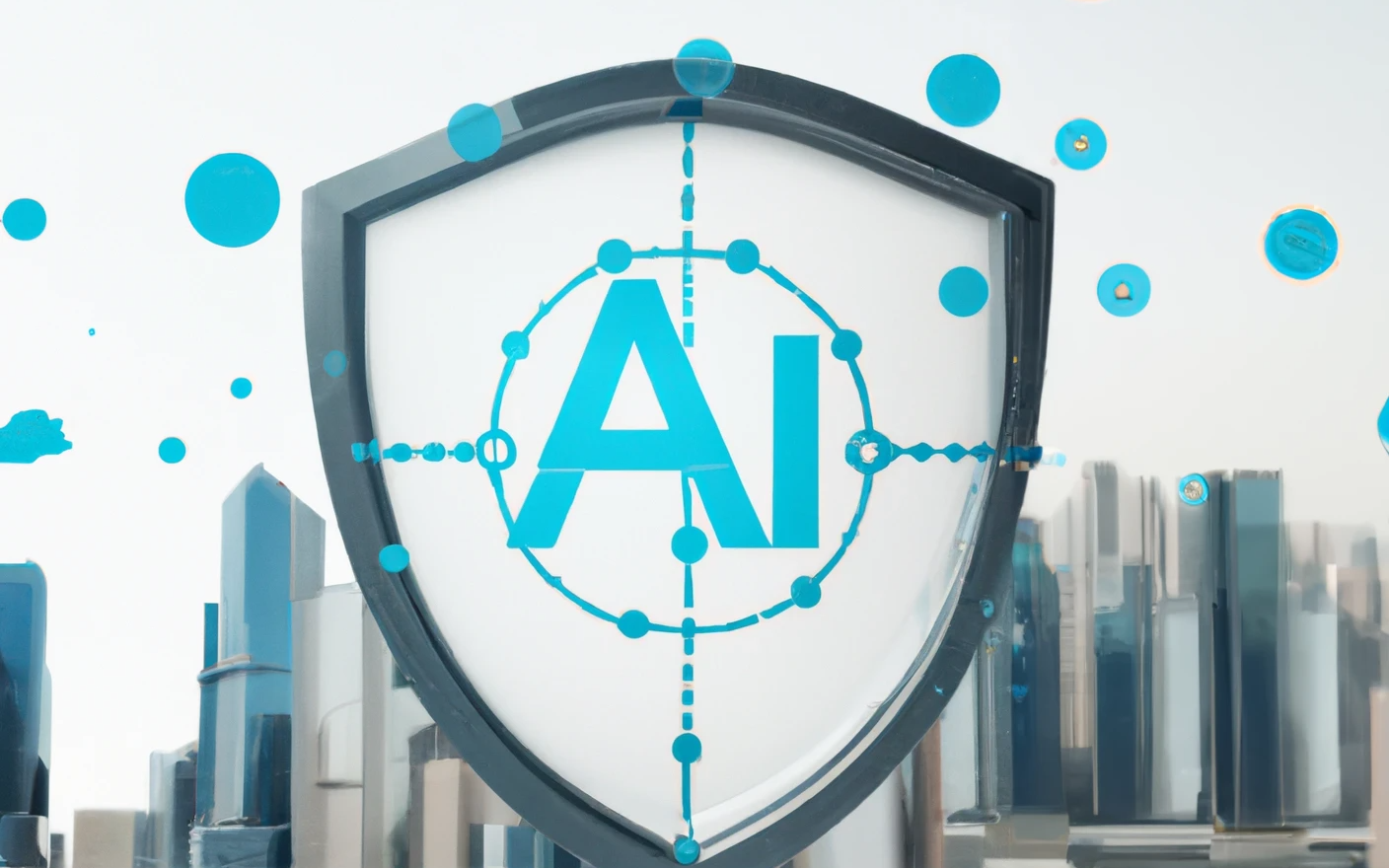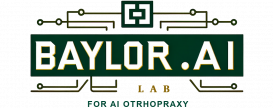
Today, we are on the brink of a new era where Artificial Intelligence (AI) promises to transform every aspect of our lives. However, with great power comes great responsibility. As AI permeates our societies and economies, ensuring its responsible use becomes more critical.
The Biden-Harris Administration has recently taken considerable steps to foster responsible AI innovation, protect citizens’ rights, and ensure safety. But what does this mean for industry players, particularly those who integrate AI into their products?
A Call for Responsibility
At the heart of the White House’s strategy is the principle that companies have a fundamental responsibility to ensure their products are safe before deployment. This safety-first approach means preventing harm and actively promoting the public good.
Meeting with CEOs of leading AI innovators, the Administration has underscored the importance of ethical and trustworthy AI systems, emphasizing safeguards to mitigate risks and potential harms.
Investing in Responsible AI
The Biden-Harris Administration is backing up its words with actions, committing $140 million to launch seven new National AI Research Institutes. These will bring the total number of institutes to 25 nationwide, and each is committed to ethical, responsible AI that serves the public good.
The Role of the NSF IUCRC, Center for Standards and Ethics in AI (CSEAI)
This is where our initiative, the NSF IUCRC, Center for Standards and Ethics in AI (CSEAI), comes into play. We align perfectly with the Administration’s vision for responsible AI, focusing on establishing standards and ethics that serve as the bedrock for AI development and application.
By joining and funding the CSEAI, industry members will directly collaborate with other industry members and with academia, contributing to responsible AI research and advancement. This aligns with the White House’s call for ethical and safe AI and benefits companies in the long run, ensuring their products meet the highest ethical and safety standards.
What this Means for AI Developers and Users
The White House’s recent announcements signal a shift towards more stringent AI development and use standards. This means industries must prioritize building and deploying AI systems that are ethical, trustworthy, and serve the public good.
In a world where AI is becoming ubiquitous, failing to meet these standards can lead to reputational damage, regulatory penalties, and even legal liability. Conversely, those who embrace these principles stand to gain significant competitive advantage, building trust with users and staying ahead of the regulatory curve.
Conclusion
The White House’s commitment to responsible AI is not just good news for Americans—it’s a call to action for industry members who develop or use AI. By aligning with the principles of responsible AI and supporting initiatives like the NSF IUCRC, Center for Standards and Ethics in AI (CSEAI), industry players can meet their ethical obligations and secure their future place in AI.
Join us in making AI safe, ethical, and beneficial for all.

